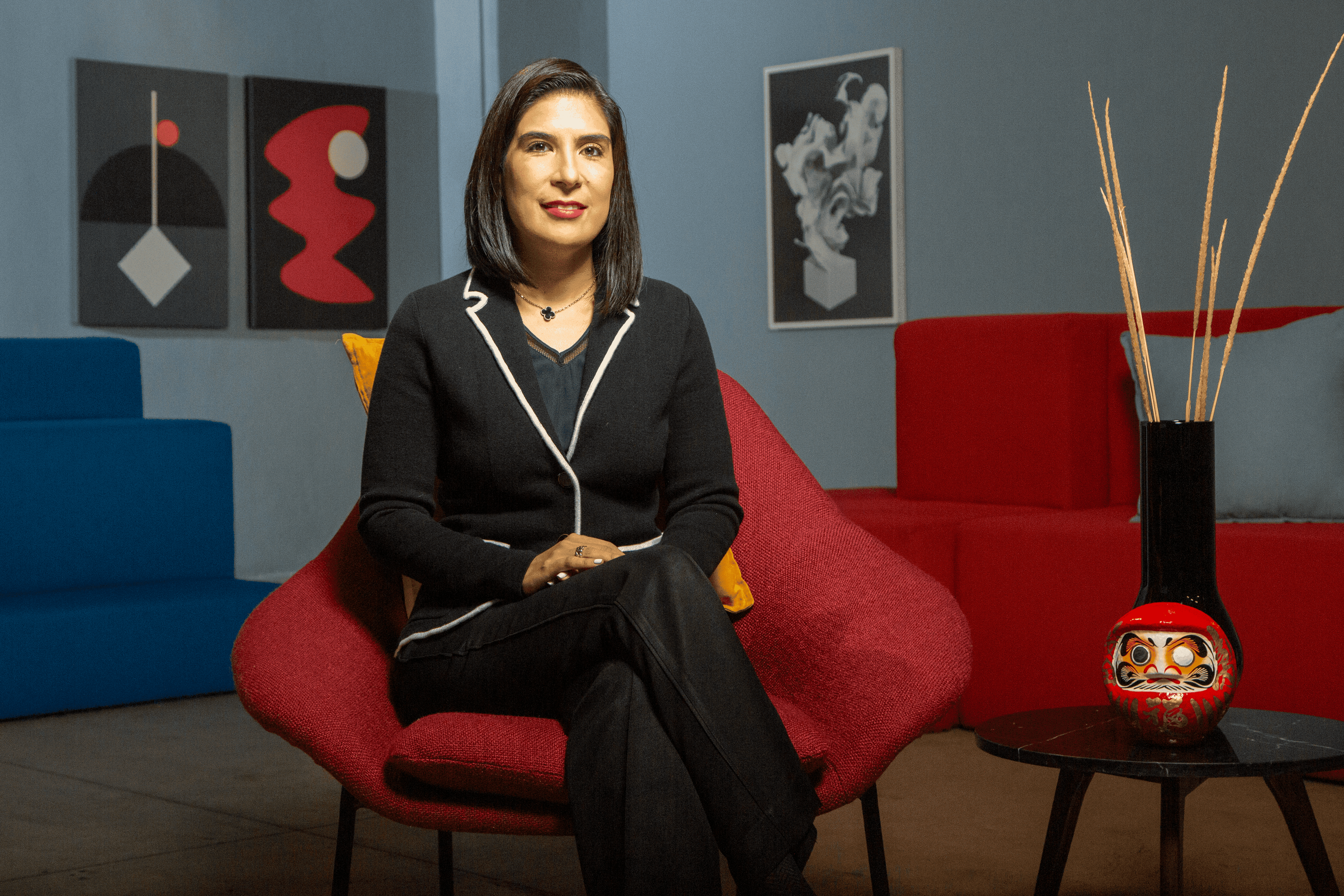A guide to becoming an expert in any new skill
Kellogg Insight’s editor-in-chief suggests a five-stage process for beginners to master any ability.

MEXICO CITY. Job market analysts have stated for years that intentional learning will be the skill people will need to secure their value and competitiveness.
In 2020, an article published by consulting firm McKinsey suggested the same and explained that people should master the art of learning, which requires two things: a change of mindset and a change of habits. Regarding the first one, that implies cultivating a growth-oriented mindset, that is, acknowledging that evolving, improving, and changing are possible. But it also involves nurturing and building curiosity since this is the only point at which the mind opens itself to ideas, the connections between them, and inspiration. It’s the beginning of learning.
Take the Female Leadership Program: ADN at Dalia Empower
In a recent article published on Kellogg Insight’s website, its editor-in-chief, Jessica Love, sets out an intentional learning five-stage process to become an expert in any skill. Her text is based on research from various academics and explains the five key points:
1.- Watching other people and learning from them
The example has been one of humanity’s best learning techniques, although according to research by Jan Van Mieghem and Itai Gurvich, professors of Operations at the Kellogg School of Management, it only works when the observed person has a senior mastery of the skill.
The study reviewed the behavior of thousands of eBay analysts and found out that those who observed coding by senior programmers were at advantage, but those who observed the work of less experienced programmers, even those with an excellent reputation, faced more difficulties than those analysts who simply left.
2.- Find a mentor
Research from Brian Uzzi, also from Kellogg, shows that mentors shouldn’t only be senior but also recognized for their work and achievements, and able to share their skills and knowledge. Uzzi’s research observed more than 37,000 scientists, apprentices, and more than 1 million articles written between 1960 and 2017.
They discovered that students who studied with an awarded scientist, even before that scientist received any awards, were six times more probable to become recognized experts than students equally talented with non-awarded mentors.
Another interesting finding was that the most successful students were those who ended up working in a different thematic area than their awarded mentors. This suggests that the mentor didn’t only share abilities but tacit knowledge as well: how to learn through research questions, idea generation, and collaboration.
Also read: What are soft skills and what are they for? They’re skills for life
3.- Start from the bottom
This means that mentorship doesn’t come cheap: a renowned expert will charge a large sum that an apprentice probably won’t be able to pay. Because of this, apprentices and experts have established, almost historically, an exchange system by which the apprentice works for the mentor and acquires experience while the teacher gets the benefit of inexpensive labor.
Researcher Luis Rayo, professor of Strategy at Kellogg, developed a mathematical model to better understand this dynamic and found out that in professions with a larger amount of knowledge to transfer, the apprentice will have to put in a lot of low-category, hard work at the beginning of the mentorship.
4.- Explore and choose an option
Professors Dashun Wang, Jillian Chown, and Nima Dehmamy, as well as Lu Liu, a doctoral student, all of them from Kellogg, found out that experts achieve professional success only after exploring different options, choosing one, and improving upon it. For example, Jessica Love mentions the case of artist Jackson Pollock, who before getting to his “drip painting phase” which made him world-famous, explores various styles.
We recommend: Learning will become the most sought-after skill to develop
5.- Be aware of the disadvantages of mastery
Achieving expert-level has two disadvantages:
-
Losing the ability to see things from an apprentice’s perspective. Steve Franconeri, professor of Psychology at Northwestern, by courtesy at Kellogg, calls this the “curse of knowledge”, explains the author. Considering this, the expert should start trusting the inexperienced eye of others to tell if what they’ve created has mass potential.
-
Losing emotion or passion by observing everything under the cold optics of cognitive structure and the architecture of analysis. Professors Loran Nordgren and Derek Rucker from Kellogg found out that novice cinephiles, beer lovers, and wine aficionados tend to show more emotion in their reviews than those under more formal education. In this sense, Jessica Love suggests, “By all means, become an expert. But don’t forget: hobbies are fun, too”.

Esta obra está bajo una Licencia Creative Commons Atribución-NoComercial-SinDerivadas 4.0 Internacional





